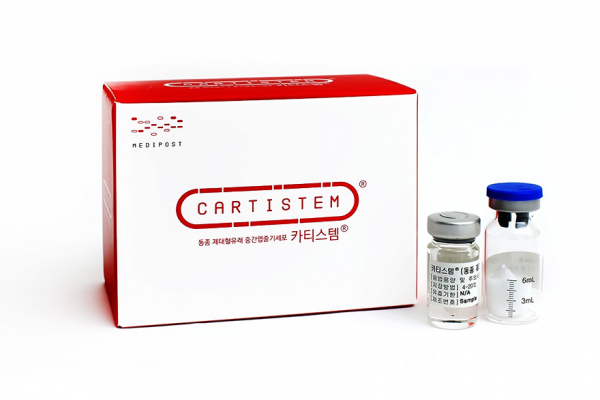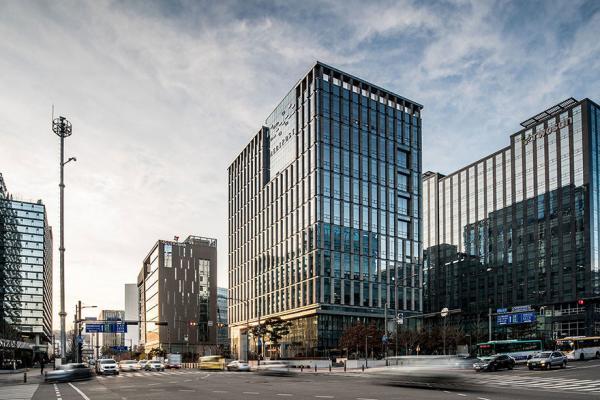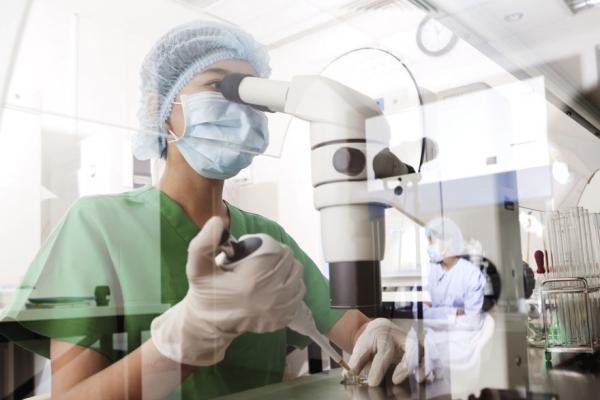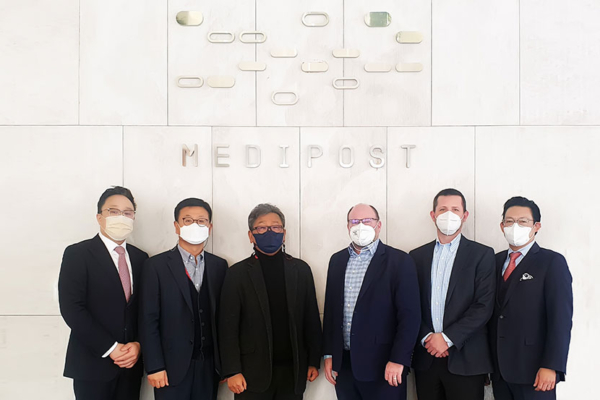MEDIPOST stated that on the 26th of this month that it had cleared the product approval renewal for its allogeneic cell therapy product CARTISTEM® for the treatment of osteoarthritis, following re-affirmation of its safety with no reported cases of significant adverse reactions related to the product.
A MEDIPOST official stated that the Post-Market Surveillance(PMS) was completed with 615 cases in April last year in which all the cases of adverse events were submitted to the MFDS, and in accordance with the product approval renewal (pharmaceutical drugs require a renewal of approval after marketing for a certain period) requirements, the ‘precautions for use’ has been revised reflecting the results from the PMS.
Also, the PMS results showed 9.11% of patients reported adverse reactions including pain, headache, itching, and peripheral edema. However, they were not identified as significant adverse reactions with causal relationship to CARTISTEM®.
Oh Wonil (MD PhD), the Vice President at MEDIPOST said, “for medicines requiring a surgical procedure for administration, surgical pain or edema may occur temporarily following the procedure” and further stated that “we have confirmed the safety of CARTISTEM® since no major adverse events related to the drug have been reported.”
Under the “Precautions for Use” amendment recommendation by the MFDS, the ministry stated that “when compared to all adverse events and side effects voluntarily reported for all drugs approved in Korea (between 1989 and May 31, 2018), at the time of product approval renewal assessment, CARTISTEM®’s reported adverse events were not significantly higher in frequency than those previously reported for all other drugs.”
CARTISTEM® is an allogeneic cell therapy product which regenerates patient’s cartilage that has accumulated over 10,000 prescriptions over 7 years since the product approval by the MFDS in January 2012. Compared with the control group, CARTISTEM® demonstrated a 98% improvement in cartilage regeneration, and the number of prescriptions has increased by more than 40% for every year since the market-launch.






